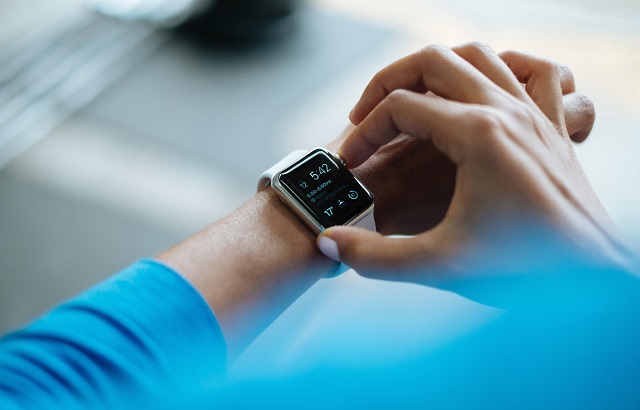The financial sector has embraced technology with open arms, from client experience to compliance administration. Firms are thriving with fintech.
International Adviser recently wrote three articles during its technology week on blockchain, AI and virtual reality, and back office technology in the financial advice industry.
Now, it is time to see the strides of technology in the healthcare sector. The sector is one of the most thriving in the investment world as firms continue to make sure consumers are treated correctly and policies are given out with the most accurate information.
“Today’s society is consumed by the novelty of technology where consumers expect instant gratification in the form of on-demand services and solutions,” Andy Chapman, chief executive at health and protection insurer The Exeter, told IA. “Healthcare is no exception to this.”
“Technology has allowed for a quick and efficient way to access convenient medical care and advice from anywhere, at any time.”
Mark Sullivan, head of international workplace consulting at Fidelity Workplace Consulting, also said to IA: “Technology is being used to provide enhanced access to diagnosis and treatment; it is also being used to encourage healthier lifestyles to reduce the pressure on creaking health systems.
“We are seeing significant acceleration in how technology is being used across three broad areas: prevention, diagnosis and treatment.”
In the market
There are a variety of ways that technology has been implemented in the healthcare sector.
The Exeter recently rolled out an app called Healthwise to members, which offers medical advice, from physiotherapy to mental health, alongside nutritional advice and lifestyle coaching.
This wouldn’t be possible without artificial intelligence.
Chris Ingram, senior associate at law firm Charles Russell Speechlys, said to IA: “There has been a marked increase in the availability of healthcare software solutions driven by artificial intelligence in the past few years.
“These solutions are designed to make considerable time savings for medical practitioners, allowing for more immediate patient care, and to aid consistency.
“They are also being made available in mobile app form to help individuals recognise the signs of certain illnesses and respond accordingly.”
Great strides
Big data and blockchain have also been vital in the expansion of healthtech and improving client experience.
Marco Giacomelli, chief executive of Generali Global Health, told IA: “Insurance providers have made great strides in improving the customer experience through software that facilitates online claims submissions, apps that enable local medical facilities to be identified quickly and portals that provide self-help medical tests and wellness tips.
“In the last few years, however, we’ve witnessed the development of technologies that are likely to have a far wider impact on the industry as insurers move from simply being claims payers to healthcare and wellness partners for globally mobile people around the world.
“Block chain is key to the process of seamless global healthcare provision with its ability to enable sensitive medical data to be accessed more securely than ever before by clinicians around the world.
“And data mining is certainly central to harnessing knowledge from the vast amounts of data being produced by medical records, prescription information, wearable fitness devices and other sources; knowledge that will help to shape treatment, services, and the facilities that provide them, globally.”
Future of the industry
Dr Soren Carsten, head of clinical operations at Bupa Global, also said to IA that “a number of future tech innovations on the horizon have the potential to completely shake up the industry”.
This type of innovation is where the sector is heading in terms of technology but there is a word of warning.
Carsten added: “We should embrace potentially life-changing future technologies fully, but also be careful to understand the limitations of what’s possible without human input.
“Tech can enable us to know, diagnose and understand more of what is happening in our bodies, but that knowledge must be interpreted by a trained eye to be useful and safe.”








